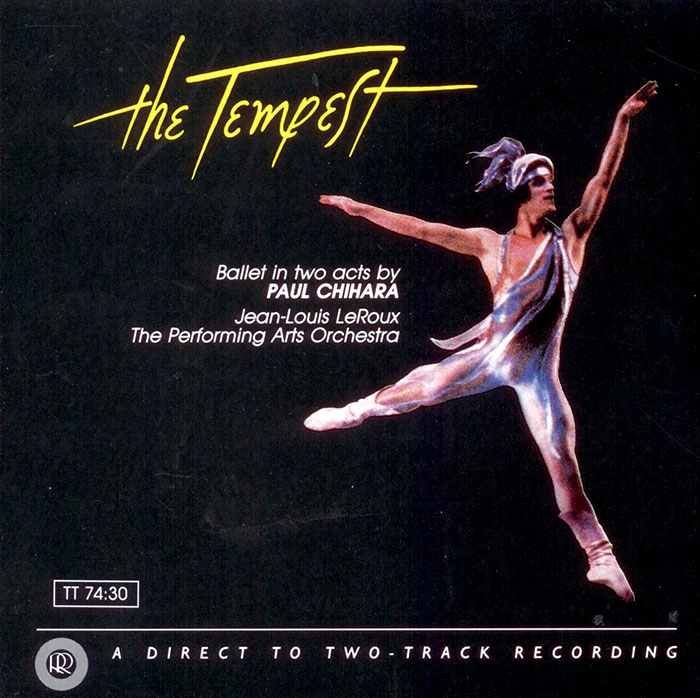Logowanie
OSTATNI taki wybór na świecie
Nancy Wilson, Peggy Lee, Bobby Darin, Julie London, Dinah Washington, Ella Fitzgerald, Lou Rawls
Diamond Voices of the Fifties - vol. 2
Tylko 1000 egzemplarzy!!!
DVORAK, BEETHOVEN, Boris Koutzen, Royal Classic Symphonica
Symfonie nr. 9 / Wellingtons Sieg Op.91
nowa seria: Nature and Music - nagranie w pełni analogowe
Petra Rosa, Eddie C.
Celebrating the art and spirit of music - vol. 3 - Pure
warm sophisticated voice...
Peggy Lee, Doris Day, Julie London, Dinah Shore, Dakota Station
Diamond Voices of the fifthies
Tylko 1000 egzemplarzy!!!
SAMPLER - STS DIGITAL, Buddy Tate, Milt Buckner, Walace Bishop
Jazz Masters - Legendary Jazz Recordings - v. 1
proszę pokazać mi drugą taką płytę na świecie!
Chesky! Niezmiennie perfekcyjny
Winylowy niezbędnik
ClearAudio
Double Matrix Professional - Sonic
najbardziej inteligentna i skuteczna pralka do płyt winylowych wszelkiego typu - całkowicie automatyczna
CHIHARA, Jean-Louis LeRoux, The Performing Arts Orchestra
Tempest
- Jean-Louis LeRoux - conductor
- The Performing Arts Orchestra - orchestra
- CHIHARA
A Direct to TWO-TRACK Recording!
Review by John Vallier William Shakespeare's The Tempest is an enchanted island tale that focuses on a fledgling romance, the tensions that exist between noble and servant classes, and the often murky distinctions that separate illusion and reality. Completed by Shakespeare in 1611, The Tempest was adapted to into a full-length ballet (of the same name) and performed for the first time on May 13, 1980, by the San Francisco Ballet. American composer Paul Chihara wrote the music for The Tempest ballet by interpreting themes that were originally scored by the 17th century English composer Henry Purcell. Chihara's composition slides in and out a multitude of styles and situations with graceful splendor. From ragtime songs played on clarinets and woodblocks to ominous pronouncements bristling with brass and strings, Chihara manages - despite the CD's thirty-one cuts - to keep his work cohesive and focussed. Performed by The Performing Arts Orchestra under the direction of Jean-Louis LeRoux, this particular rendition of Chihara's work is expertly played without feeling stiff or stilted (something that would have become apparent during the work's more swinging sections). Chihara, who was the San Francisco Ballet's Composer in Residence at the time of the ballet's debut, has truly created a musical score that deserves to be in the same artistic league as Shakespeare's The Tempest.





























